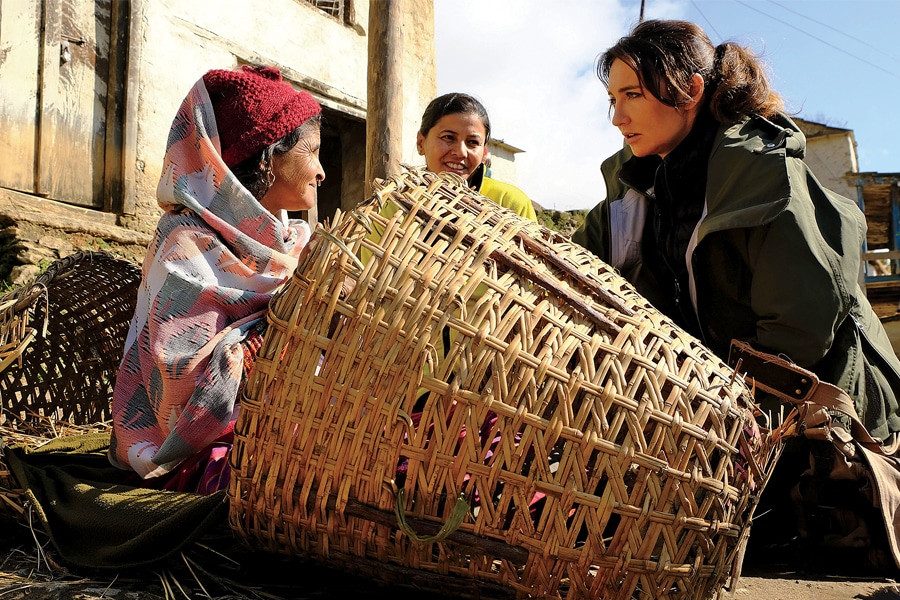
From documentary filmmaker to turning around a renewables company: Meet Poland's richest woman, Dominika Kulczyk
Since Kulczyk rescued it, Polenergia has kept building wind farms (complying with the Polish law), expanded into solar and is now exploring green hydrogen
 Dominika Kulczyk, Polish billionaire businesswoman
Dominika Kulczyk, Polish billionaire businesswoman
Image: Levon Biss for Forbes
Perched on a bright orange couch in her office in London’s Michelin House, the eclectic former headquarters of the British tyre company, Dominika Kulczyk gesticulates wildly as she discusses a favourite subject. “I’m all about feminine energy,” says the heiress to one of Eastern Europe’s largest fortunes, wearing a red “menstrual dress” in support of her crusade to persuade Poland’s parliament to provide free sanitary pads in schools. By the time she gets to how the patriarchy is exacerbating climate change, she’s leaning so far forward she’s almost falling off her seat.
“Everything I do is something that I believe in. I don’t allow myself to doubt, really, and I’m trying to make it contagious,” says Kulczyk, 45, who moved to London seven years ago, three years after her divorce from the Polish prince Jan Lubomirski-Lanckoroński following 10 years of marriage. In 2020, she bought a $75 million, 25,000-square-foot townhouse near Harrods.
For most of her adult life, what she believed in was documentary films—she has produced more than 70 of them, with titles like Accused of Witchcraft (2017), Begging for Change (2019) and Fighting for Mercy (2023). But don’t mistake her for a self-indulgent dilettante. While over half of the world’s 337 female billionaires inherited their fortune, only 63, including Kulczyk, are actively growing their wealth. Getting involved in business wasn’t even what her late father likely wanted.
Jan Kulczyk, who was Poland’s richest person, with a net worth of $4 billion when he died in 2015, had groomed his son Sebastian to take over the family’s investments, which were concentrated in oil and gas, real estate and brewing. Dominika instead busied herself running the charitable foundation she had started the year of her divorce. “I even heard, ‘Hey we’re making money; you’re spending it,’ ” she recalls.








